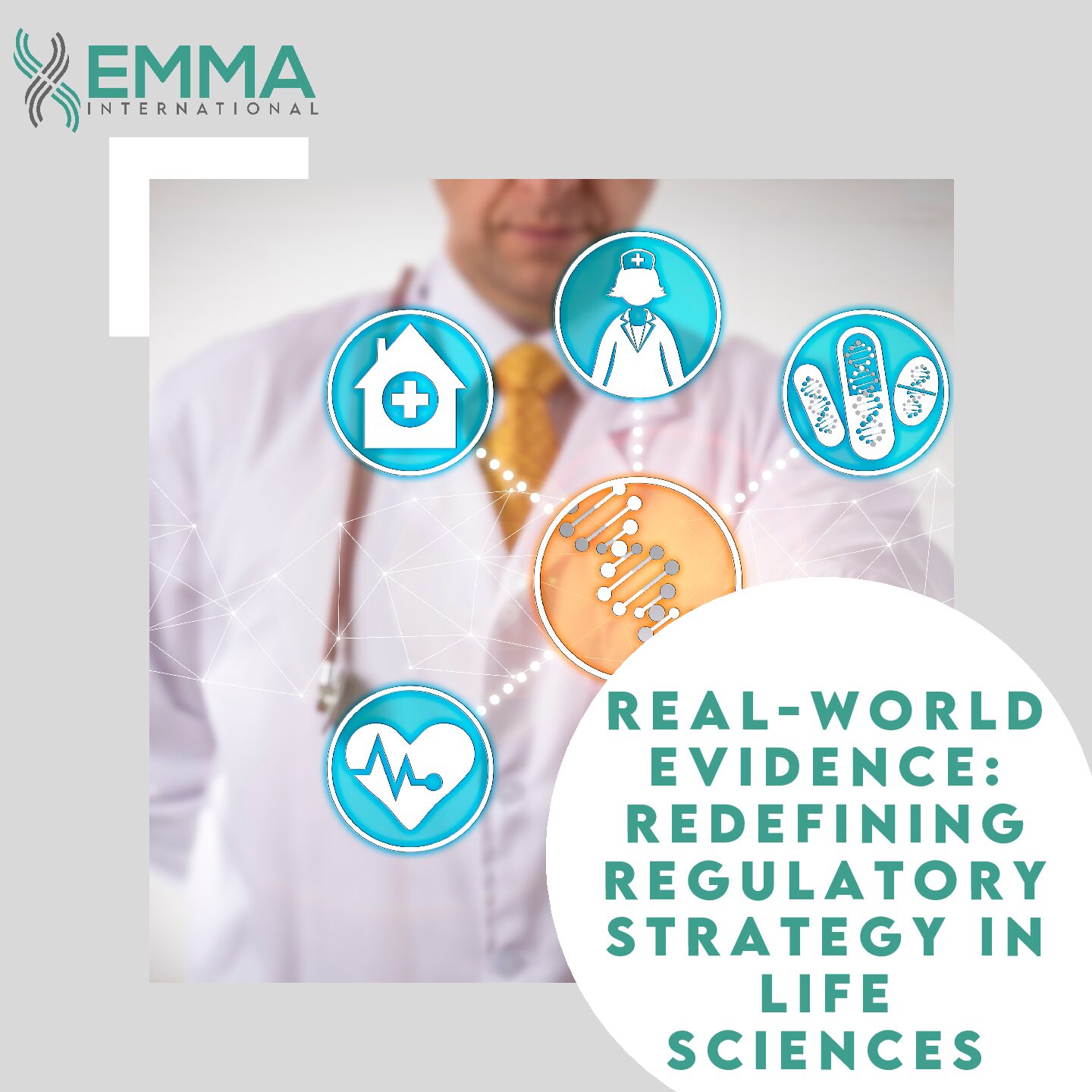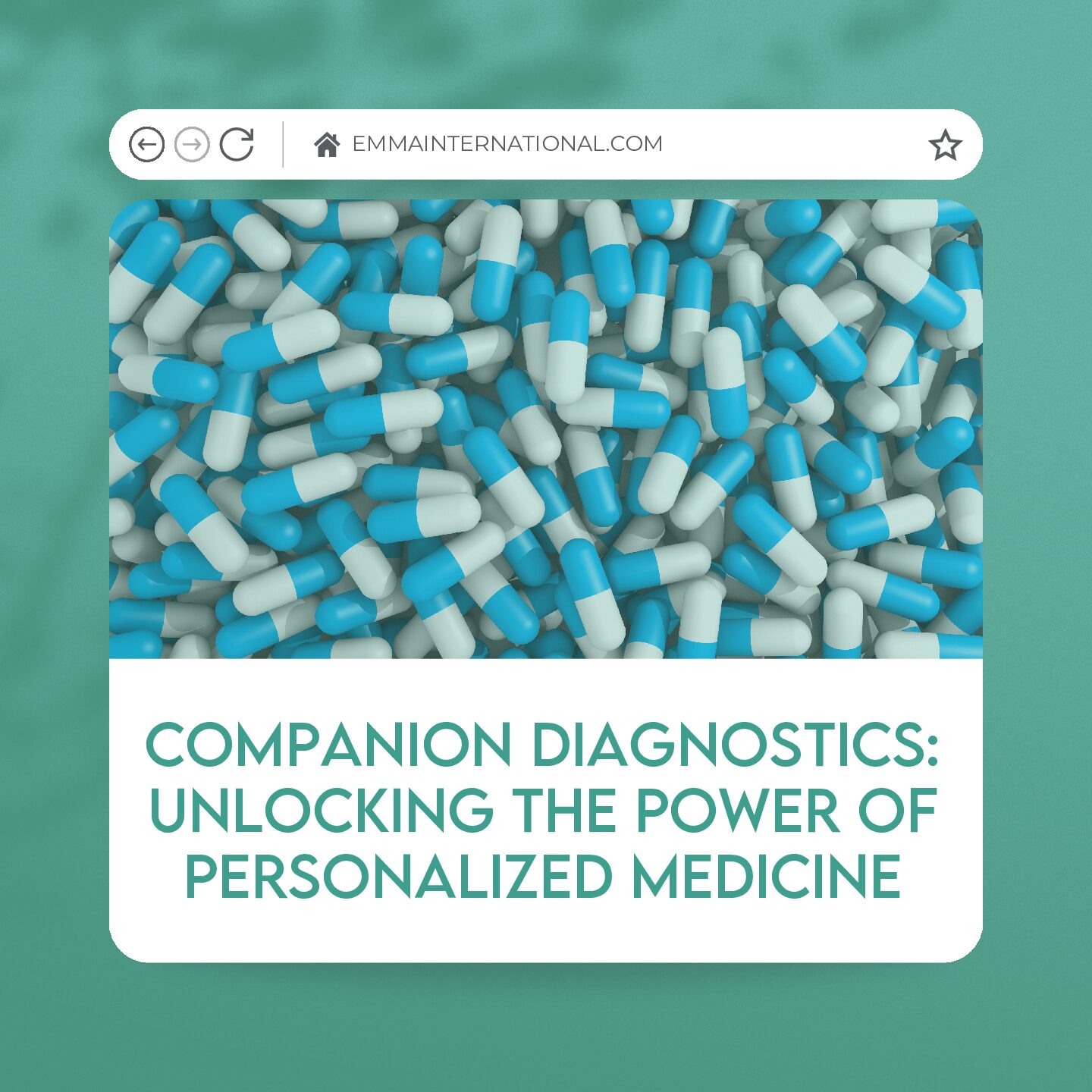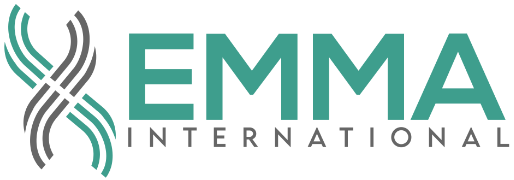Suppliers play a pivotal role in life sciences companies. Whether they are providing a company with post-it notes or with high-tech equipment, each supplier is important. That being said, some suppliers are much more important to a company than others. Post-it notes can be bought anywhere, specialized components cannot. For medical device companies, the FDA regulates how to deal with suppliers, setting guidelines for purchasing controls. Outside of the US other country’s regulatory bodies also set regulations for dealing with suppliers.
Supplier regulation in the US is set by the FDA in 21 CFR part 820.50, Purchasing Controls.[1] One of the most important things for a company to do is evaluate the risk a supplier presents. The FDA allows companies to set how exactly to conduct the evaluations, though 820.50 does contain certain points that a company needs to follow. For example, a company should set requirements, like quality requirements, that must be met by the supplier. Evaluations would judge if the supplier can meet those requirements and if not how to proceed moving forward.
Companies should also outline the exact responsibilities that the supplier will hold and the responsibilities the company will hold. These responsibilities should be agreed upon by both the supplier and the company and be established in writing for the record. How detailed to be about the responsibilities of the suppliers is up to the company as the FDA does not specifically list any such requirements. It should be noted that being too vague about the responsibilities of the suppliers can have negative repercussions for the company. If quality requirements are not outlined or outlined poorly the supplier may deliver subpar equipment. Since the quality of the final product is the company’s responsibility if a product with a faulty piece is released and then needs recall because of that faulty piece, that is the fault of the company, not the supplier. The company will end up taking the most damage from the recall whereas the supplier would most likely receive little to no damage.
Supplier management can be a challenge, especially when a supplier becomes uncooperative or becomes unable to meet the agreed-upon requirements. The desire to stay with a supplier, even when they have proven to be subpar, can be strong due to the difficulty of getting a new supplier. With proper supplier management tools and procedures in place, a company will not have to worry so much about being unable to find a new supplier. EMMA International can provide these tools and procedures to companies, guiding them on how to effectively manage suppliers. From full Quality Management System development to supplier management, EMMA International does it all. EMMA International offers Full Circle Consulting services, give us a call at 248-987-4497 or email info@emmainternational.com to get in touch with our team of experts today.
[1] FDA (October 2021) Purchasing Controls, retrieved 11/14/2021 from https://www.accessdata.fda.gov/scripts/cdrh/cfdocs/cfcfr/CFRSearch.cfm?fr=820.50






